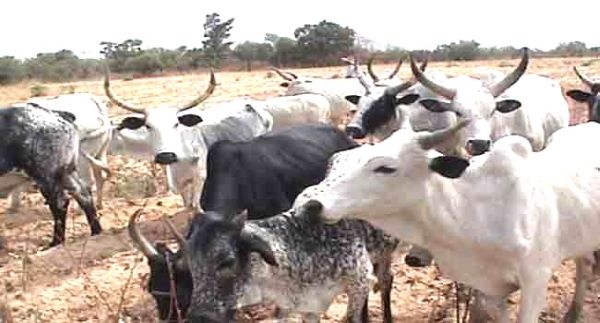The African Union Inter-African Bureau for Animal Resources (AU-IBAR) and the Nigerian government are collaborating to advance the pastoral livestock initiatives and value chain in Nigeria.
The Director of AU-IBAR, Dr Huyam Salih, stated this at the first APMD Analytics and Implementers Engagement workshop in Nigeria held on Tuesday in Abuja.
The workshop has the theme “Validation of the Pastoral Livestock Market Situation Analysis and Stakeholder Engagement for Developing the Priority Interventions Implementation Plan under APMD project.”
He said that the African Pastoral Markets Development (APMD) implementation plan would reflect stakeholders shared commitment to the transformation of Africa’s pastoral sector.
Salih was represented by the Project Coordinator, African Pastoral Markets Development (APMD) platform, Prof. Ahmed Elbeltagy.
He said that APMD also reflected stakeholders’ commitment to the sustainable development of livestock markets across the continent.
He said the platform embodied AU-IBAR’s aspiration to upgrade pastoralism in inclusive economic growth, sustainable development, and enhanced livelihoods.
“Pastoral Livestock plays a pivotal role in Africa’s social and economic dimensions, providing food, income, and security for millions.
“However, the sector continues to face challenges, including climate change, limited market access, and policy gaps,” he said.
The AU-IBAR director said that by fostering collaboration and embracing innovation, new pathways could be unlocked for sustainable growth.
“Let us work toward realising the full potential of African pastoral livestock markets for the benefit of communities, economies, and future generations,” he added.
Earlier, the Director of Animal Husbandry Services, Federal Ministry of Livestock Development, Mrs Winnie Lai- Solarin underscored the importance of markets for pastoral communities.
She said the workshop was to reposition Nigeria’s pastoral markets to meet contemporary needs of sustainability and service provisions.
“It is called pastoral markets.
“Not that we are going to have only pastoralists or livestock farmers there, but we want to lay emphasis on the importance of markets for the pastoral communities,” she said.
In his remark, the Emir of Nasarawa State, Ibrahim Jibril, said the workshop was a good intervention by the government and other stakeholders.
He said that if the interventions were adopted, it would go a long way to address the issues of livestock development.
A Community leader in Sardauna Local Government Area of Taraba State, Mr Ardo Jibo said the meeting would address the challenges in the pastoral livestock sector and proffer solutions.
Jibo said that pastoral livestock market in Nigeria was underdeveloped as the pastoralists had not been able to harness the full potentials of the market.
“If the markets are well developed, there will be improvement in the dairy industry in Nigeria,” he said.
The President, Reuise Fulbe Global Rights and Development Initiatives (RFGRDI), Kaduna, Mrs Halima Yoman said the meeting was apt.
She said that the organisation had carried out some community development initiatives including training youths and women in skills acquisition to be self-reliant.
NAN


